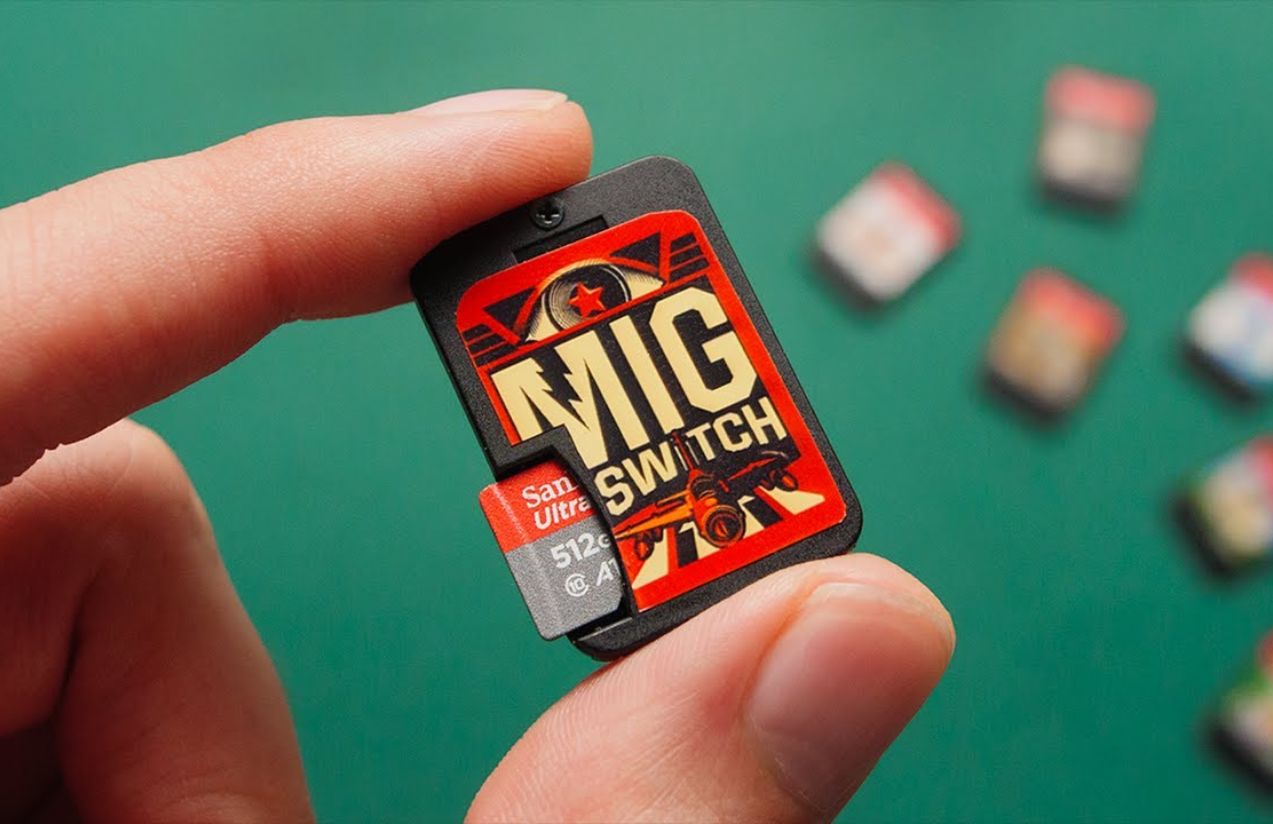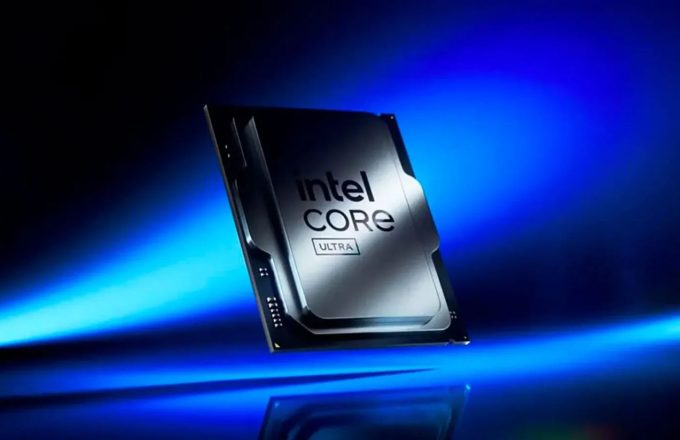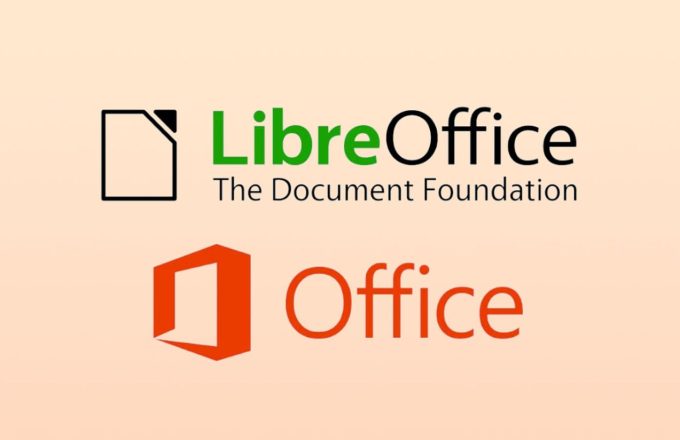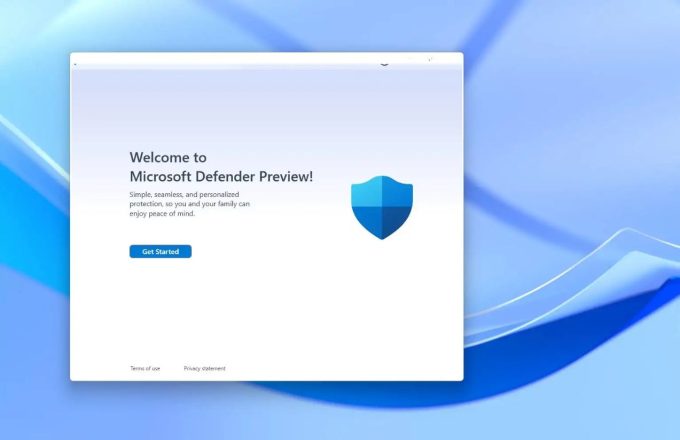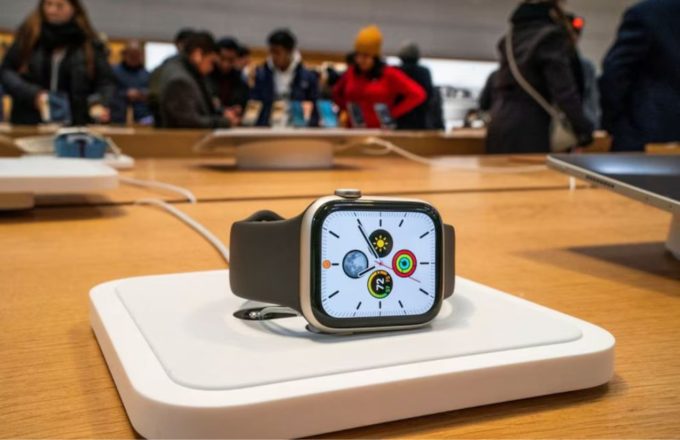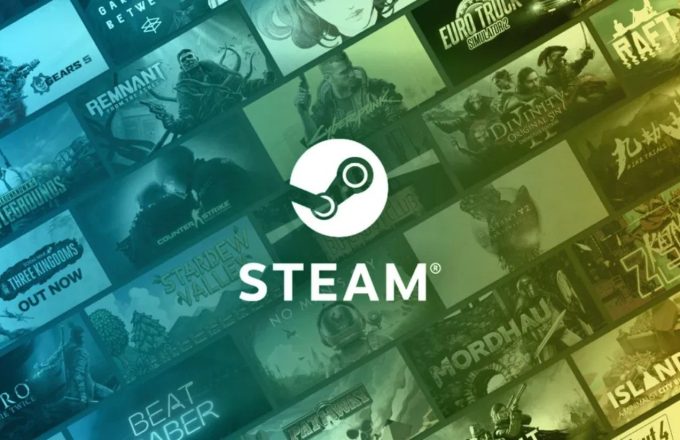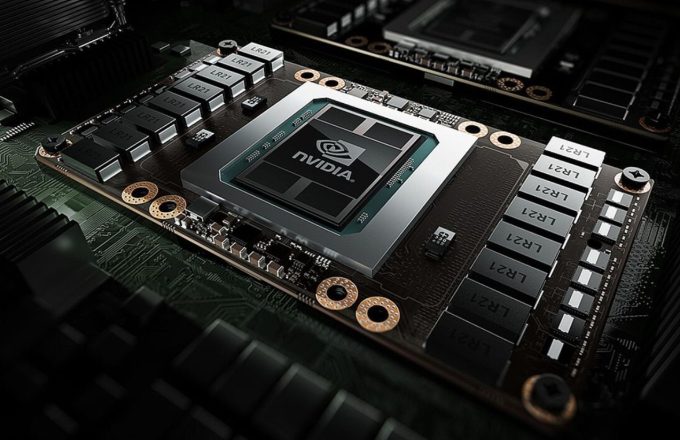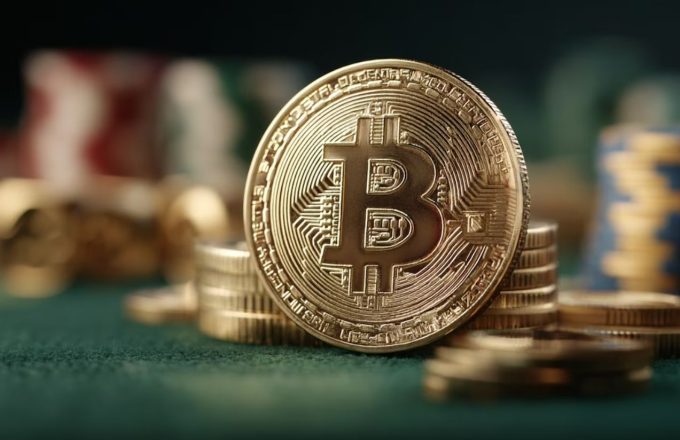Less than two weeks after the official launch of the Nintendo Switch 2, the Japanese company has already begun taking strong action against users who have modified the console to bypass payments for games. The main target of these sanctions is a cartridge known as MIG Flash, a device capable of loading hundreds of titles via ROM files.
Special cartridges allowing players to run game copies on Nintendo consoles without authorization have existed for years. MIG Flash, in particular, has gained attention for being compatible with both the original Switch and its successor. Some users claim they only use it to load legal backups of their own games, but Nintendo has made no distinction—mass bans have begun, restricting access to key features like online play.
For Nintendo, this practice represents a direct threat to its revenue and intellectual property protection. While it’s not unusual for companies to act against piracy, the scale and intensity of Nintendo’s response has surprised many. With the Switch 2, the company seems to have significantly tightened its policies.
The new console launched with multiple updates, one of which caused early controversy: it enables the company to detect system modifications and limit certain functions if unauthorized hardware or software is found. This is precisely what has happened with MIG Flash users. The first wave of bans has already left hundreds of players unable to access the official store, apps like YouTube, and especially, online gaming.
This move has sparked debate within the gaming community. While many users employ MIG Flash for piracy, others argue they use it solely as a storage solution to avoid swapping cartridges constantly. However, since it is not an officially licensed accessory, its use remains grounds for penalties—even if the user claims to be using it legitimately.
Although Nintendo has not yet issued an official statement on the matter (as of June 18, 2025), the company did update its terms of service in May, warning of potential actions against unauthorized modifications. These include restrictions to online services and even the possibility of permanently disabling the console (bricking).
With this new policy, Nintendo makes it clear that it will not tolerate any attempts to circumvent its controls, reinforcing its longstanding zero-tolerance stance on piracy.


